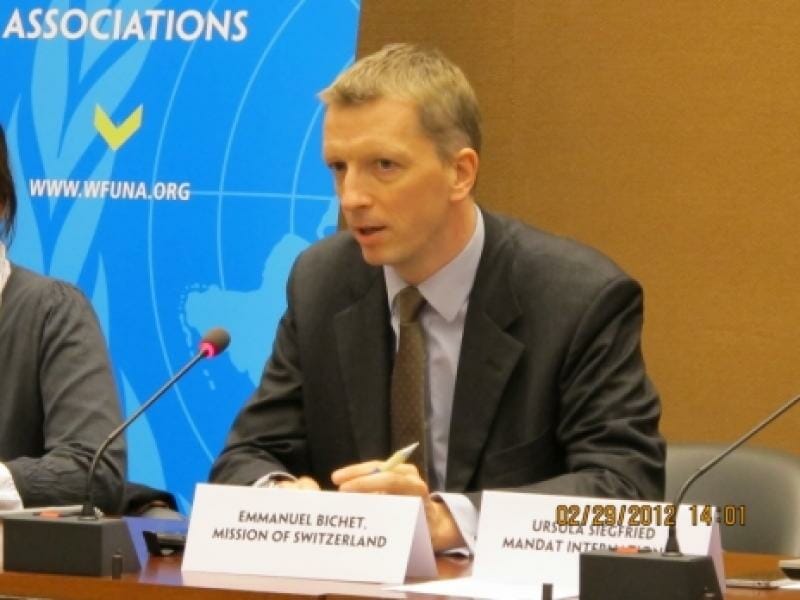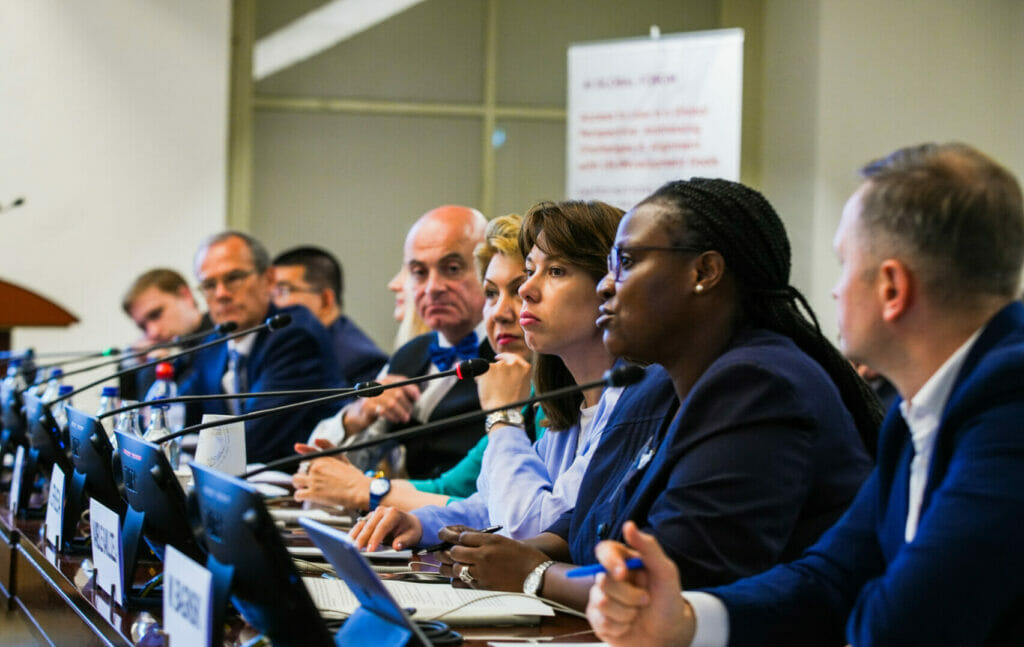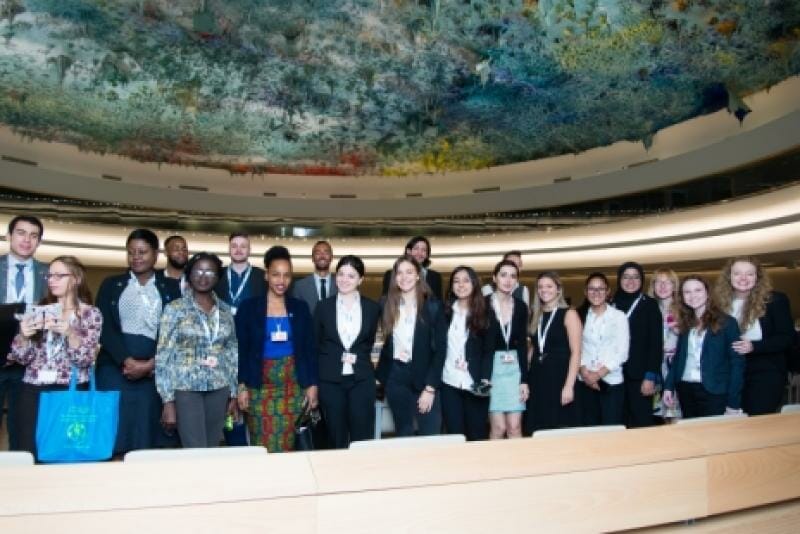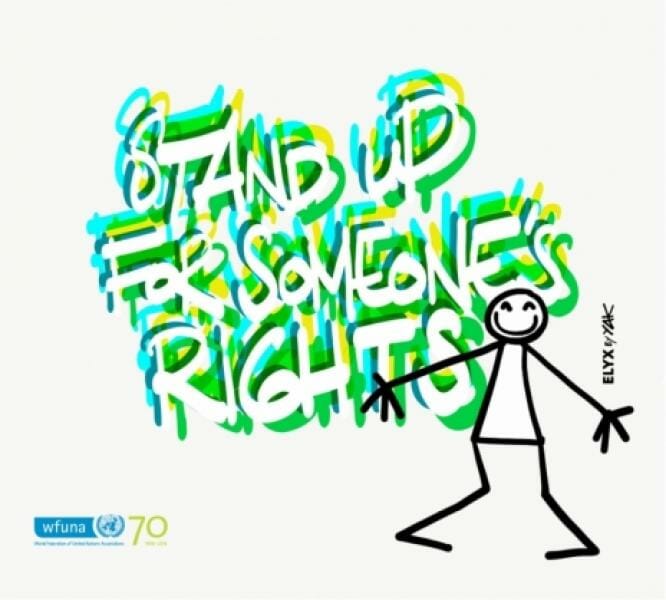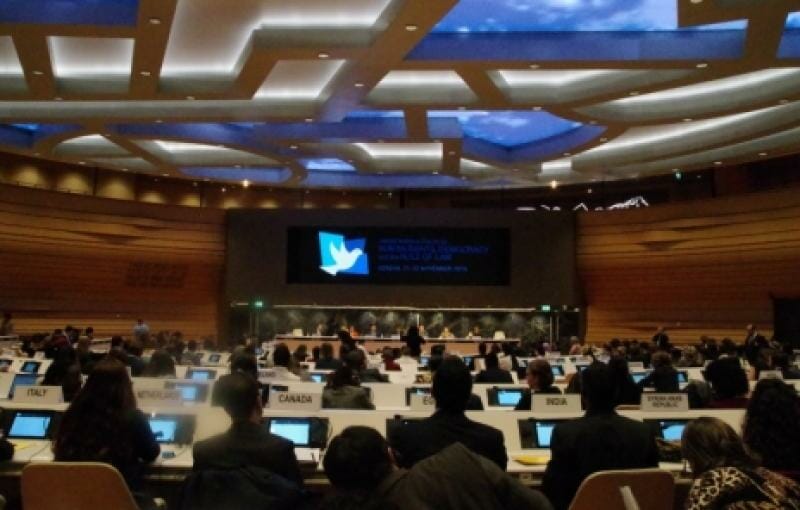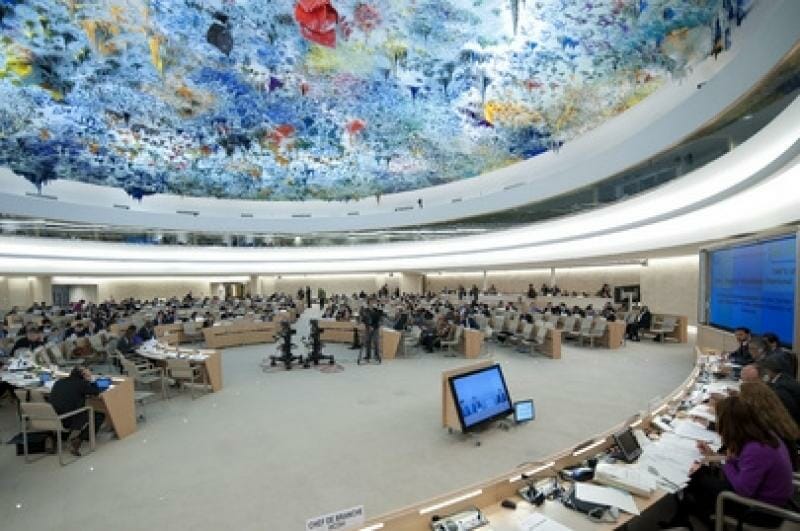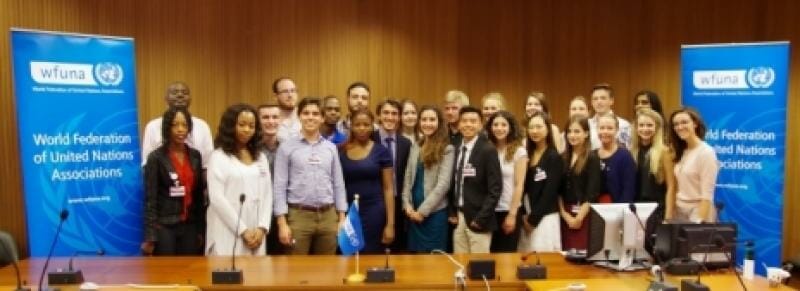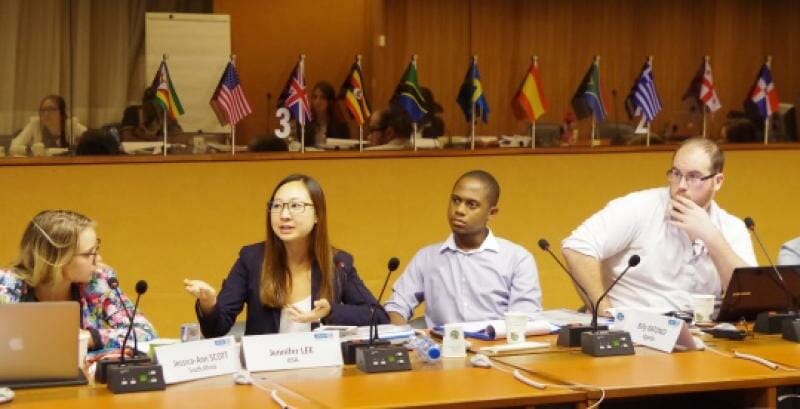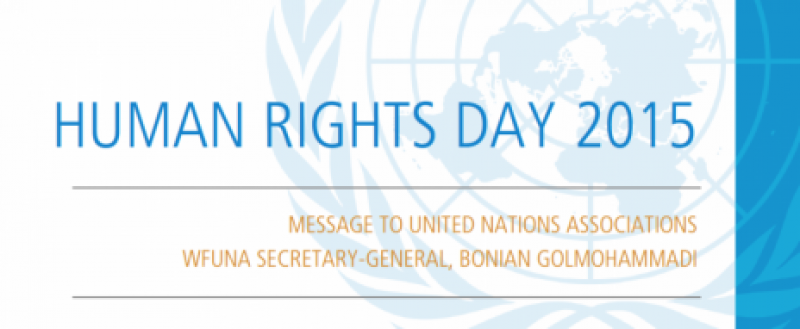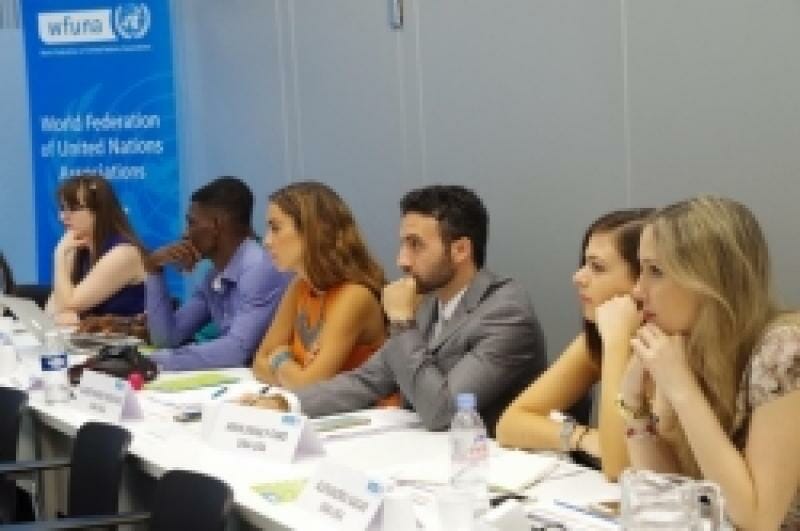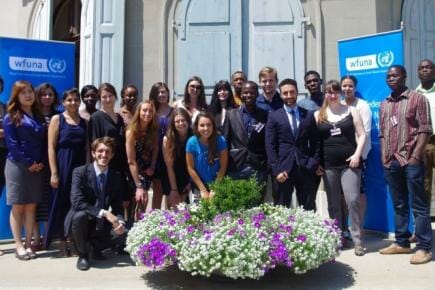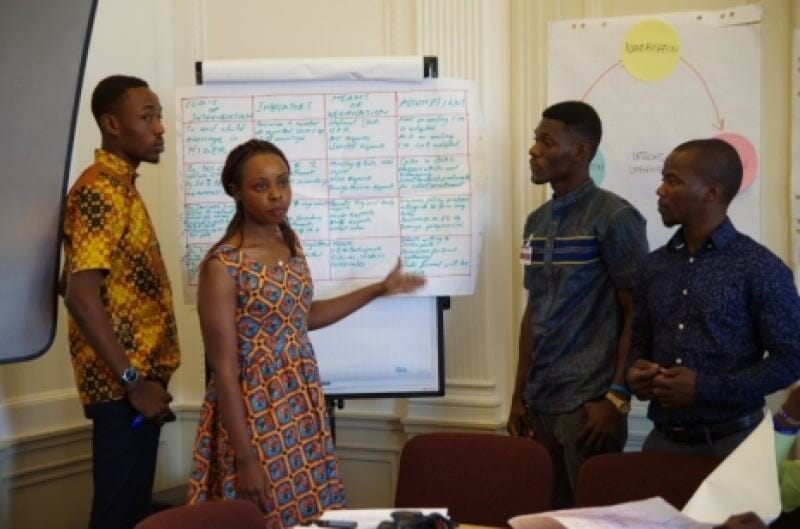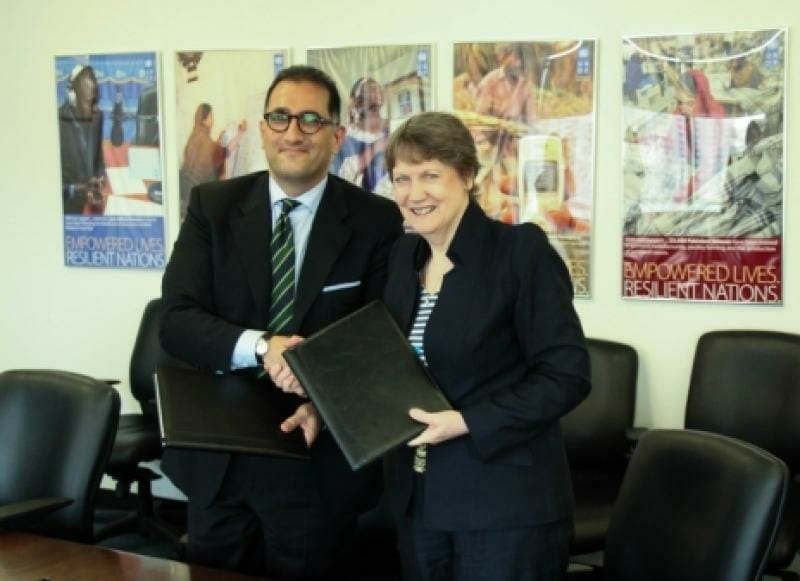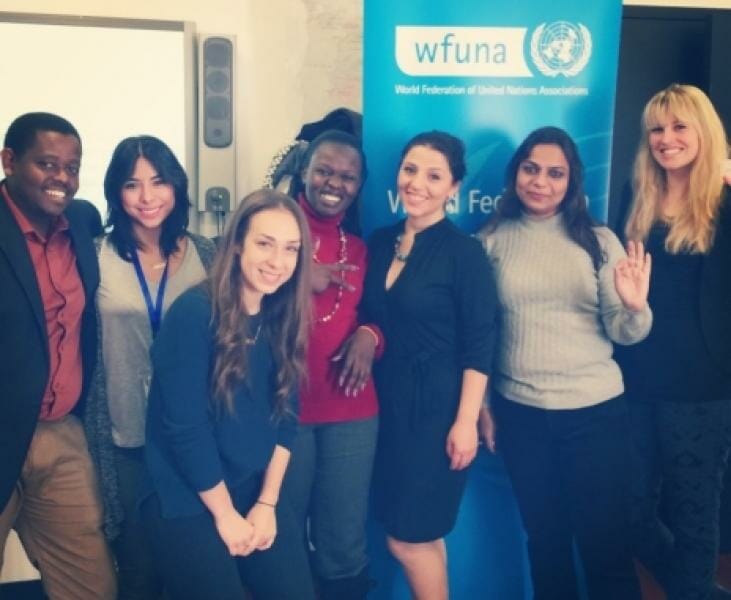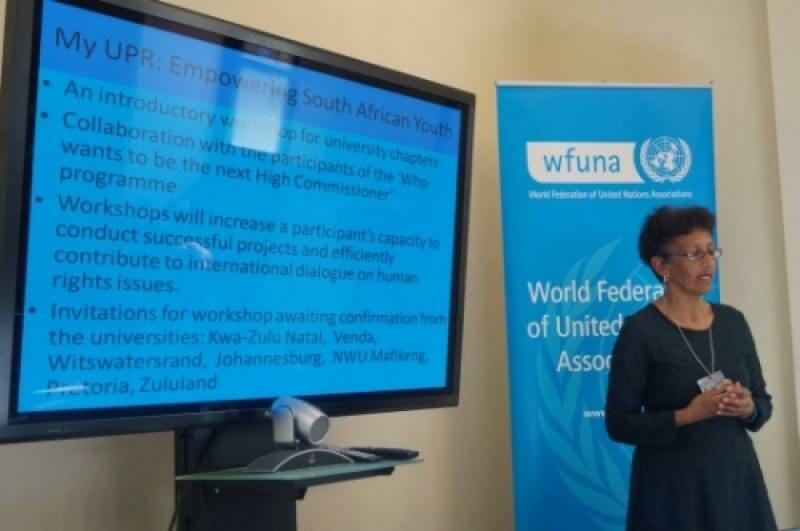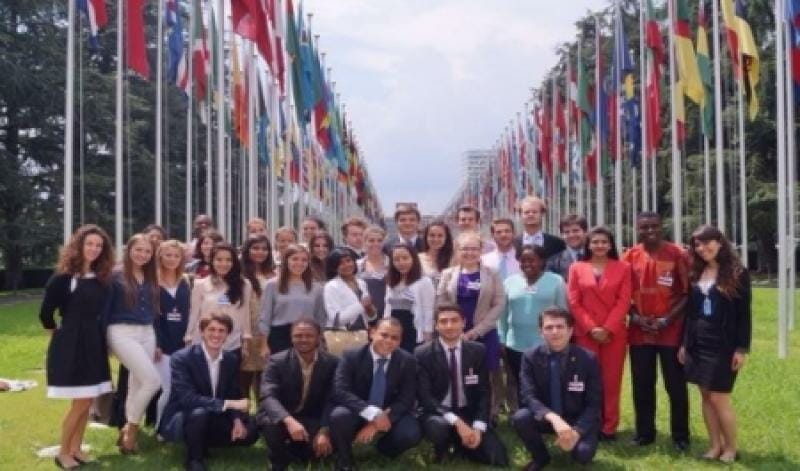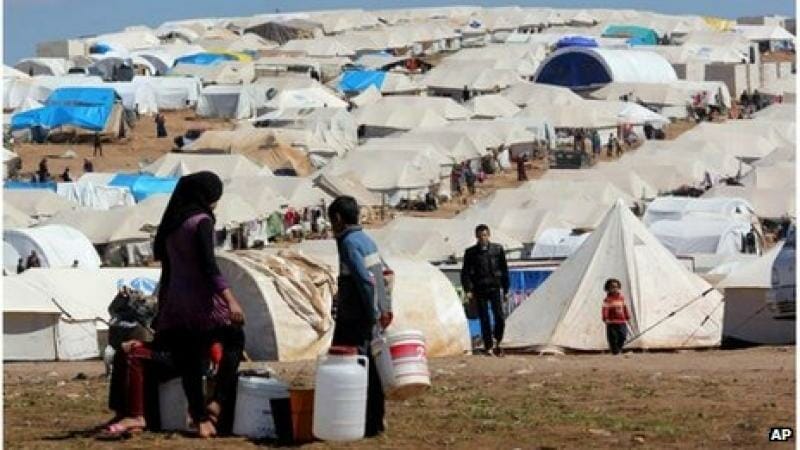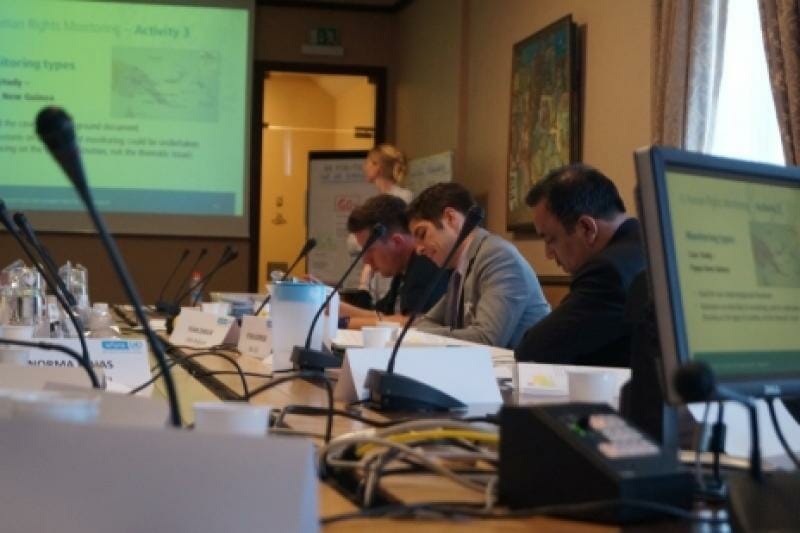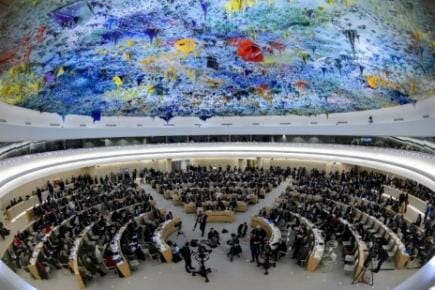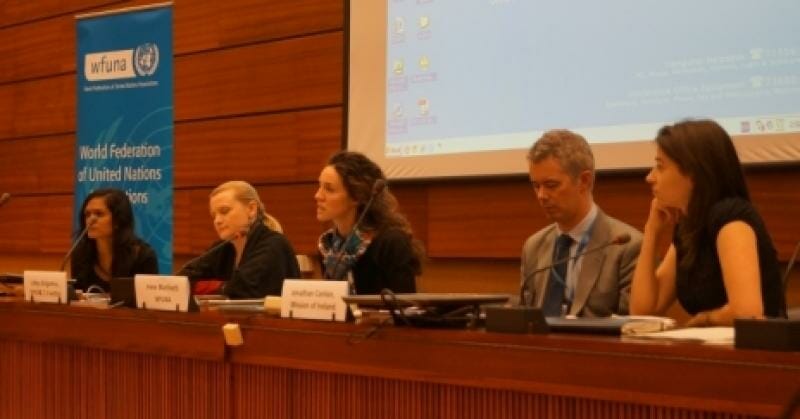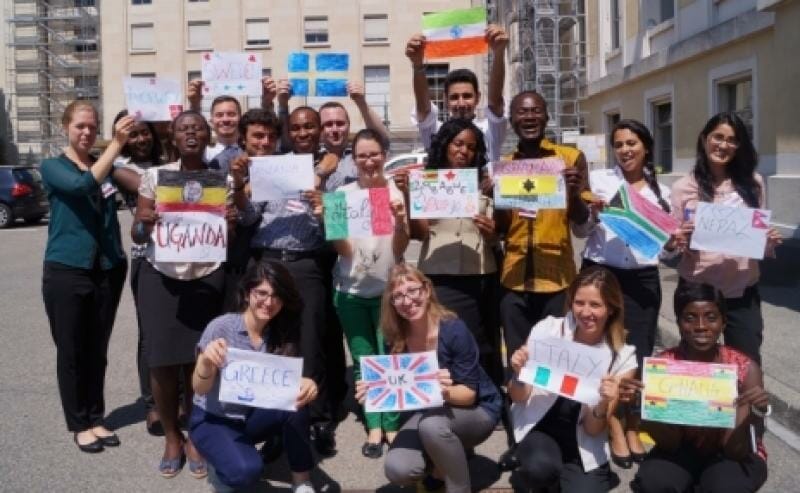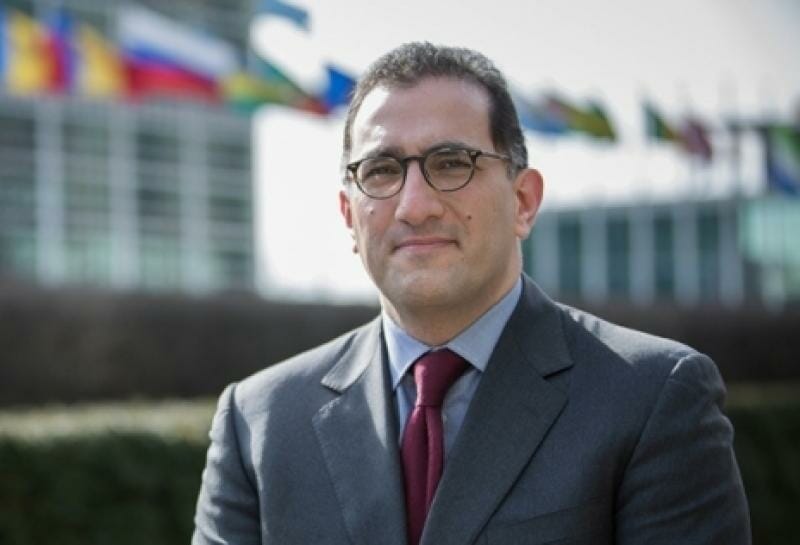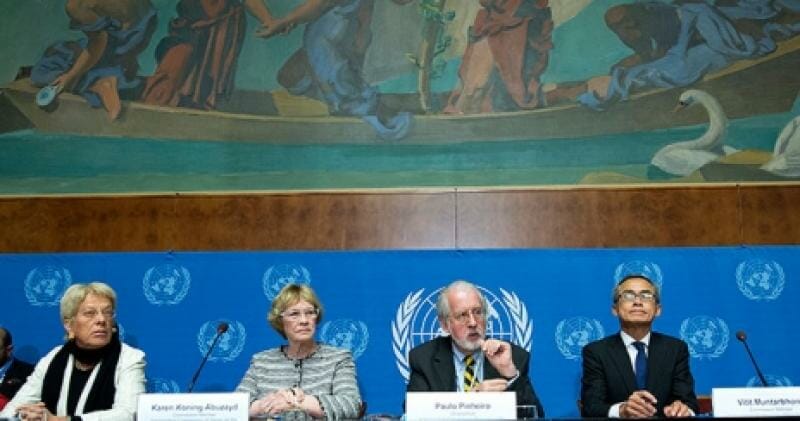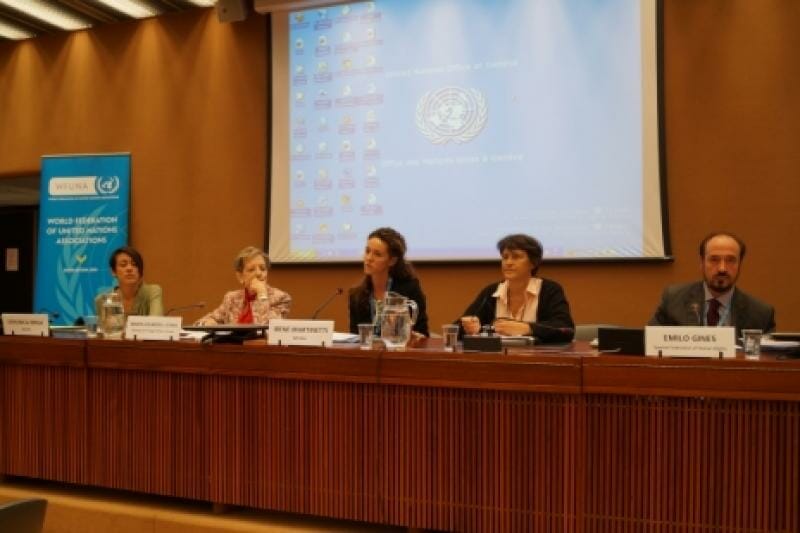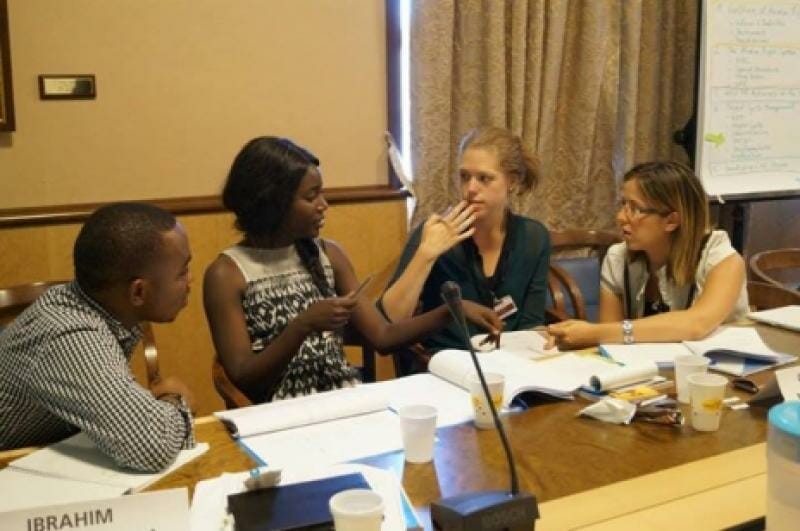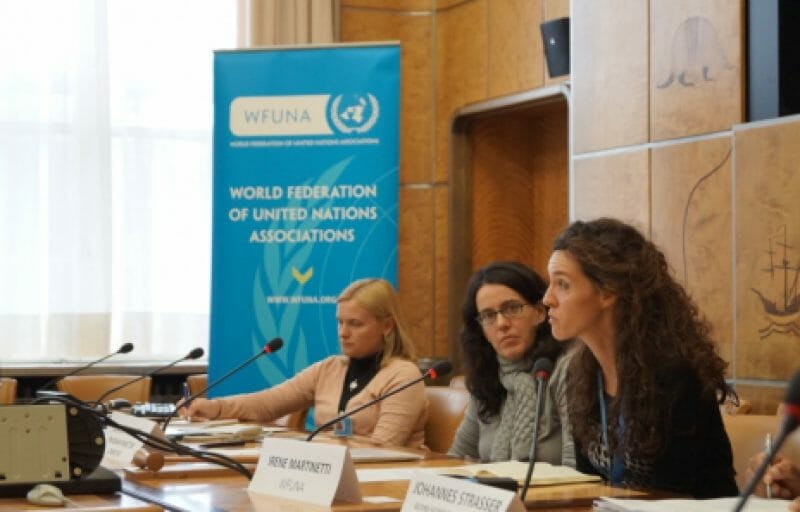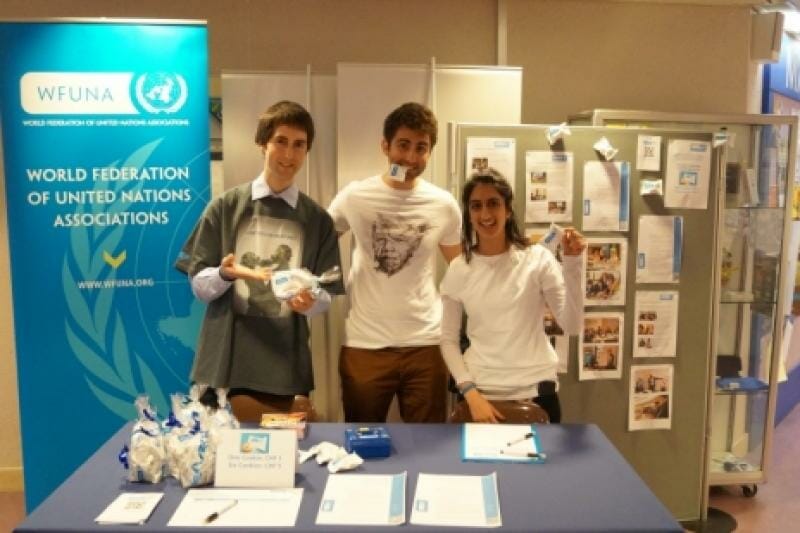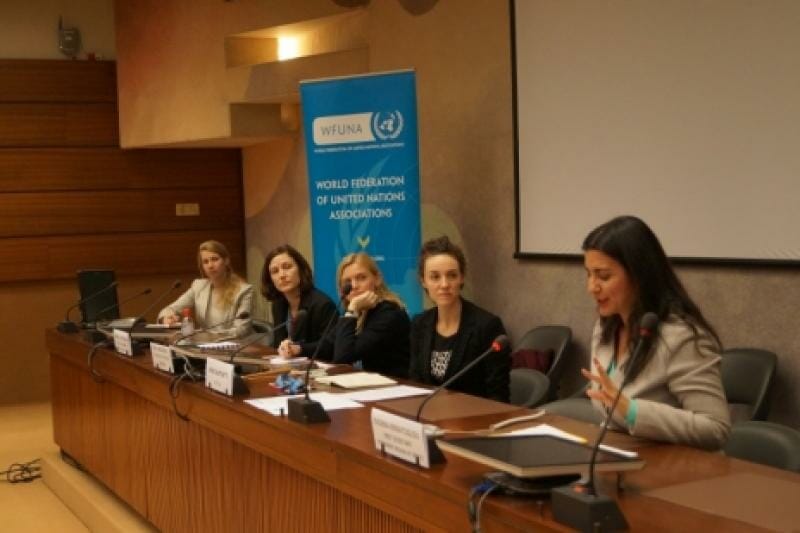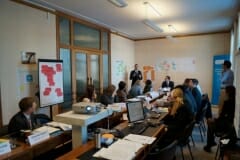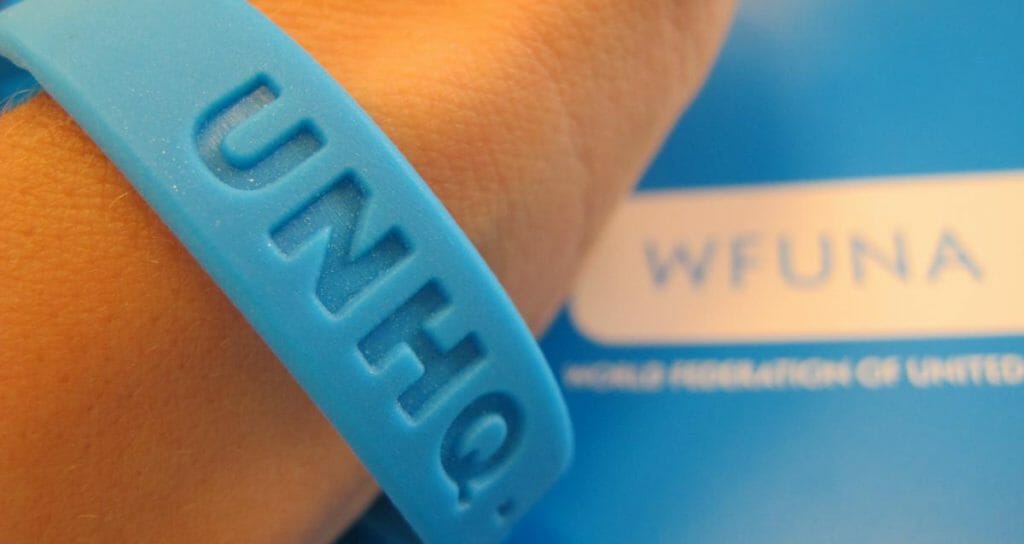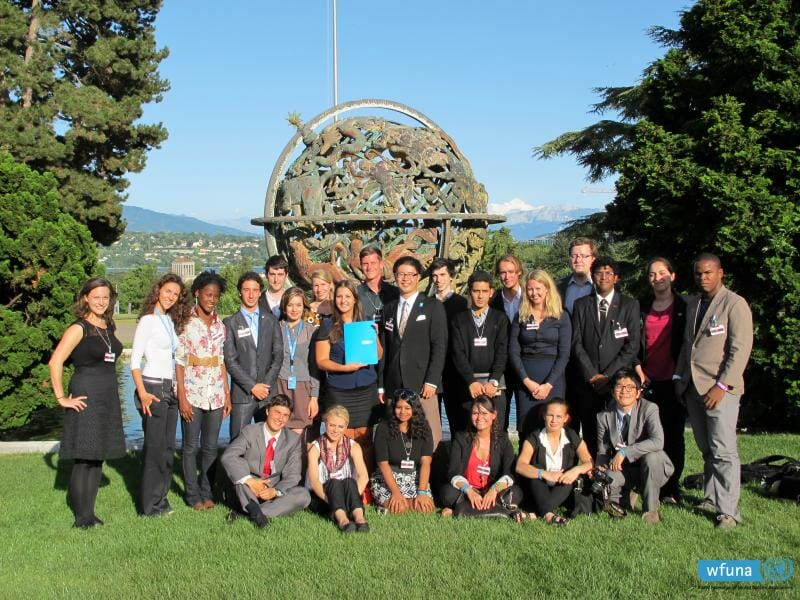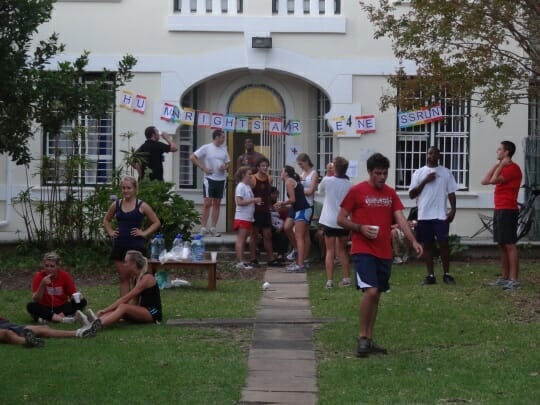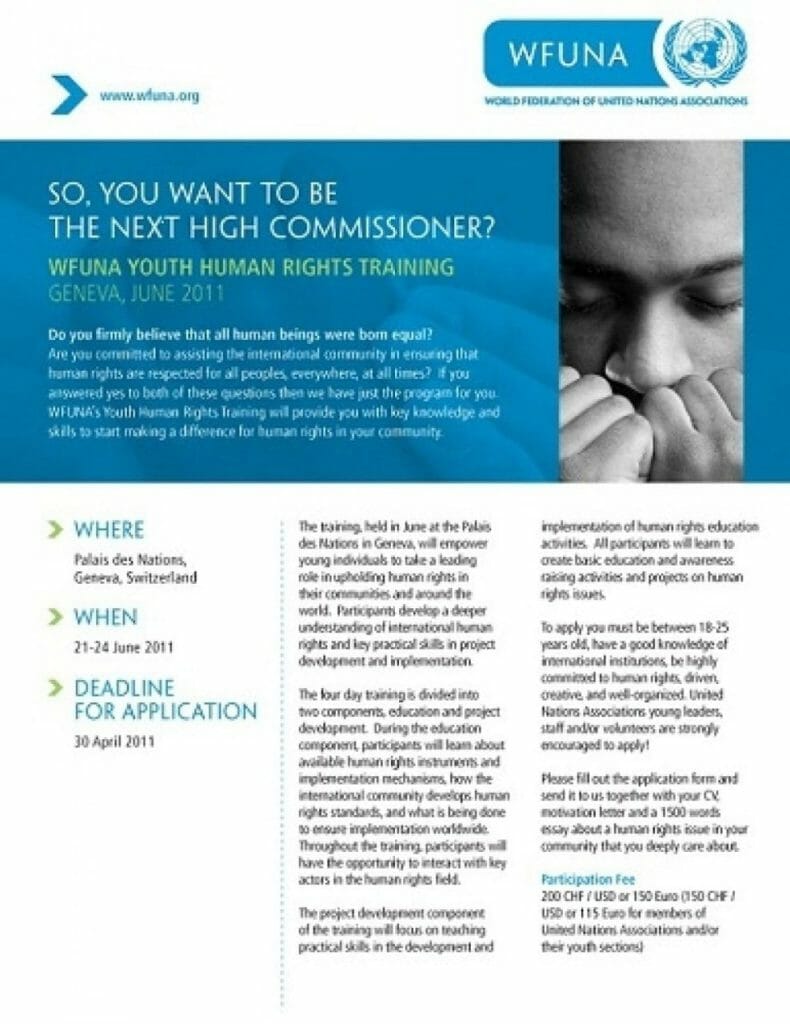On 1 March 2012 WFUNA, together with Mandat International, held a side event on “The Human Rights Council for Newcomers” in the Palais des Nations in Geneva on behalf of the NGO Committee on Human Rights of the Conference of NGOs. Three panellists provided an insight for NGOs about how to effectively engage in the Human Rights Council: Emmanuel Bichet from the Permanent Mission of Switzerland, Anita Goh from the NGO Group for the Convention on the Rights of the Child and Lidiya Grigoreva representing the Civil Society Section of the OHCHR.
“You are the voice, the voice that is not usually heard.” This quote by E. Bichet was an encouraging message for civil society to be active in the Council and to push Member States to work on issues that are difficult to address.
Tips for NGO participation in the HRC from the State perspective by Mr Bichet:
- Bring in your insight about issues on the ground.
- If you want an issue to be tackled, provide States with a short written paragraph for an upcoming resolution in the same format that is conventionally used. (This helps States to act swiftly when there is not much time.)
- How to contribute to negotiations: Polite, well-documented and to the point!
- When: Approach States early! Convey messages to missions before the session (2 weeks before or more).
- Where: Contact representatives both in Geneva and in the respective capitals. In the capitals the real policy-making is made; however, missions are key in putting these instructions into practice. Work on both levels!
Tips for NGO participation from the NGO perspective by Ms Goh:
- Set your goal: What do you want to get out of the HRC?
- Start networking with states and NGOs committed to your specific issue!
- Build trust and a professional relationship with the missions.
- In order to influence a State: “Think like a State, talk like a State and write like a State!” Provide briefings to missions before they speak in the Council – you may influence their statement.
- Use UN language! In order to influence resolutions, provide a paragraph that looks very much like previous resolutions on your issue, add a few decisive words (maybe backed through international covenants).
- Start contacting missions early!
- Liaise with other NGOs committed to your issue and make a joint statement (especially since there is restricted speaking time)!
Tips for NGO participation from the OHCHR perspective by Ms Grigoreva:
- Formal way of how to engage with the HRC: Submit a written statement (thematic or country issue). Consult the Programme of Work, HRC extranet and internet. Be careful with your terminology in your statement.
- Participate in side events: Provisional calendar is published on the extranet.
- Oral statements: Send your request to make a statement at the HRC through the online forum. All statements will be archived on the website of the UN webcast.
- In order to plan ahead: Use the annual calendar of the HRC available on the HRC extranet.
- Take advantage of the meetings organised with the President of the HRC (7th and 14th March 2012) and the High Commissioner for Human Rights (19th March 2012).
- For the future there will be a new possibility for NGOs to make statements from afar through video-conferences.


